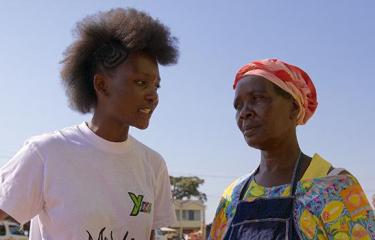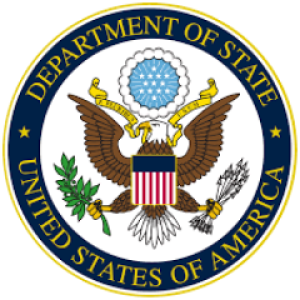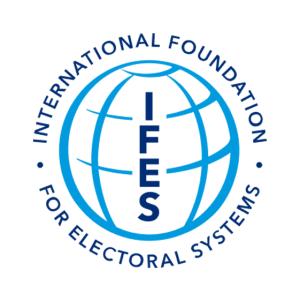
Gender-Sensitive Indicators for Early Warning of Violence and Conflict


Conflict and violence monitoring and early warning systems can save lives. Gender-sensitive indicators help provide nuanced and complete contextual information to strengthen the systems’ predictive capacity, but their integration has been infrequent and inconsistent.
Overlooking gender in early warning risks ignoring gender norms or behaviors that contribute to violence. It further risks formulating policies and responses that do not account for the differential needs and experiences of women, men, girls and boys. Simply put, we must integrate gender in early warning systems, and the alternative is dangerous.
Lorem Ipsum
How can violence monitoring efforts and early warning systems better integrate gender-sensitive indicators?
Acknowledgments
So many individuals across the world contributed to this project, and we appreciate every contribution, big or small.
The authors are grateful to several current and former IFES colleagues who played significant roles in the development of this framework. Elena Paredes amazed us with her attention to detail and her ability to come up with data collection strategies and monitoring and evaluation approaches even in challenging circumstances. Chad Vickery and Katherine Ellena provided key strategic guidance and oversight as the program approach grew and evolved. Deb Landau and Annie Styles helped us cross the finish line. Our Communications team colleagues – Janine Duffy, Keaton Van Beveren and Angela Canterbury – provided essential editorial, graphic design and layout support and expertise. Former IFES staff members Gabrielle Bardall and Otito Greg-Obi contributed to the program design and early stages of the research.
Our colleagues from the Bureau of Conflict Stabilization Operations at the U.S. State Department – Amanda Van Dort, Melissa Duell and Amanda Pinkston – provided strong leadership, strategic direction and thoughtful and thorough feedback, in particular during the pilot implementation and during outreach efforts. They were flexible with us as we worked to determine how this project could best contribute to the f ields of women, peace and security and early warning and allowed us to develop the most meaningful and impactful product because of it. Thank you.
Our partner in Nigeria, the Kimpact Development Initiative, said “yes” to every request we made of them during the pilot implementation, and without their extensive expertise and dedication, the pilot would not have been possible. Thank you to Bukola Idowu and his team and to every violence monitor. Thank you also to our IFES Nigeria headquarters and field teams who supported this pilot effort.
We are indebted to every academic, expert, practitioner, government official and data scientist we interviewed and consulted during the development of this framework. This work is based on decades of research in the gender and conflict space and on lessons learned from past efforts to integrate gender into early warning efforts. To those who pioneered that work, we are grateful.




